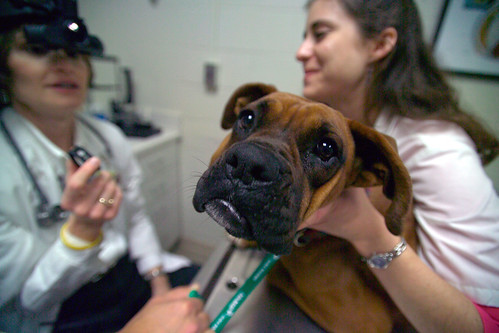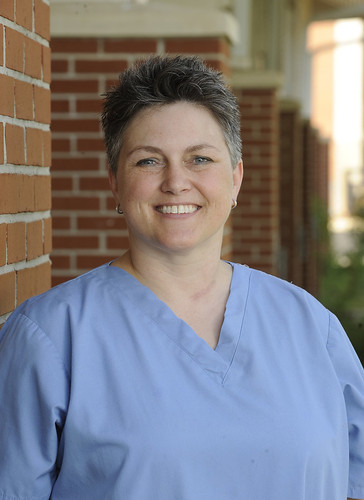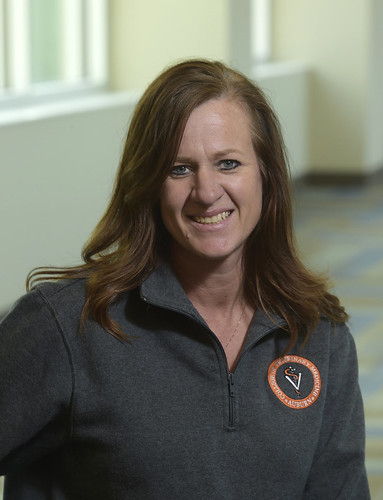Pet and animal safety can be a concern during the holidays and end of the year
Article body
The holiday season is upon us, and the Auburn University College of Veterinary Medicine reminds pet owners that the safety and wellbeing of their animals are important during the holidays and year round.
Dog and cat owners should pay special attention to their pets.
“We bring new things into our homes that are not commonly around except during the holiday season,” says Missy Streicher, a certified veterinary technician with the college’s Wilford and Kate Bailey Small Animal Teaching Hospital.
She says allergic reactions can be a concern, and that pet owners should take care to reduce the possibilities of having items in their homes that can trigger allergies.
“Many animals are allergic to evergreens,” said Streicher, who works in the Dermatology Service of the teaching hospital. “People also tend to indulge in spicy and holiday-rich foods during this time of the year. Many of those can trigger allergic reactions in pets if the pet eats them.”
Pet owners should beware of how easily their dog or cat might have access to food items such as spices, chocolates or alcohol. All can be toxic to a pet if consumed and should not be left where a pet can easily access them.
Even holiday decorations that have been stored in attics throughout the year can contain dust, mold and various contaminants that can trigger pet allergic reactions. Ornamental plants, particularly Poinsettias, are poisonous to pets if eaten.
If owners are traveling with their pet during the holiday season, they should be sure their pet’s vaccinations are up to date.
Animal owners also should pay attention to the temperatures and take precautions to protect their pets and livestock from the elements.
“Don’t leave your pet outdoors during extreme cold,” Streicher said.
For horses and other livestock, shelter is a primary consideration. “Horses should have shelter during very cold or wet weather,” said equine veterinary technician Erin Robbins with the college’s J.T. Vaughan Large Animal Teaching Hospital.
It also is important with horses during the winter to be observant of their water intake. “Horses may tend to not drink enough water during the cold,” Robbins said.
Water intake can be encouraged by providing feed as a mash, offering warm water or by providing easy access to salt blocks, she said. “Providing salt blocks may encourage the horse to drink more. Flavored water may also encourage a horse to drink.”
Also during winter, horses do not have as much grass available for grazing in the pasture. Hay may be used to supplement the horse’s diet, but it should be introduced gradually.
Animal safety is important year round, but as we begin the holiday season, additional issues may be present that can increase the hazards and possibilities of pet accidents and injuries. Pet and animal owners can take additional precautions to help prevent those from occurring, but if one’s pet or livestock animal begins to show signs of distress, illness or injury, the Auburn University Veterinary Teaching Hospital is staffed 24/7 to assist pet and animal owners with sick or injured pets and livestock.
Related Media
Media interested in this story can contact Communications Director Preston Sparks at (334) 844-9999 or preston.sparks@auburn.edu.
The College of Veterinary Medicine is the South's original and nation's seventh oldest veterinary medical program, celebrating 126 years. We prepare individuals for careers of excellence in veterinary medicine, including private and public practice, industrial medicine, academics, and research. The college provides programs of instruction, research, outreach, and service that are in the best interests of the citizens of the state of Alabama, the region, the nation, and the world.







